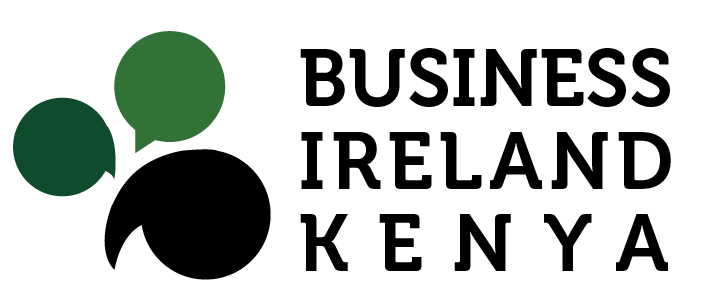ICT and Knowledge Sector
Kenya is known as Silicon Savannah: its ICT sector is the country’s fastest growing, accounting for more than 10 per cent of GDP and expected to create 180,000 jobs by the end of 2017. Nairobi is home to a series of tech co-working and incubation spaces including iHub, m:lab East Africa, Nailab, and GrowthHub. They link to innovative research and development institutions including the University of Nairobi’s Fab Lab, Strathmore University’s iLab Africa, and Kenyatta University’s Chandaria Business Innovation and Incubation Centre. The tech boom has already launched start-ups that are making waves globally, including Ushahidi, BRCK, M-Farm, and Eneza Education.
Kenya’s market for e-business is growing rapidly. Broadband internet subscriptions rose by 37 per cent in one three-month period in 2016 alone, and 10 million Kenyans now have a 3G or better connection. The country has a total of 22 million internet users, or 58.4 per cent of the population, far in excess of the global average of 40 per cent.
Kenya is also leading the world in mobile money transactions and the country’s M-PESA system is justifiably famous. The Communications Authority of Kenya (CA) calculated that in the last quarter of the 2016/2017 Financial year, the number of mobile money subscriptions stood at 28.0 million while the number of agents registered was 180,657. A total of 480.5 million transactions (withdrawals and deposits) valued at 1.2 trillion Kenya shillings were made during the quarter. In addition, goods and services purchased over mobile platform amounted to 692.1 billion Kenya shillings which involved 316.5 million mobile commerce transactions. Person to person transfers were valued at 541.8 billion Kenya Shillings. The positive growth witnessed in the mobile money transfer service was largely driven by the widespread use of mobile money solutions and adoption of the service among traditionally underserved groups (rural populations), and increasingly broad range of mobile money services (including insurance and loan products) in Kenya.
The Government’s ICT master plan aims to enhance Kenya’s competitiveness in Business Process Outsourcing (BPO) to make it the top destination for the industry on the continent by 2030. The national ICT Authority is leading a number of initiatives to improve digital growth, including the National Optic Fibre Backbone (NOFBI), Kenya Open Data Initiative (Kodi), County Connectivity Project (CCP), Digital Villages, Huduma Centres, and the Vision 2030 Konza Technology Park.
Kenya has embraced technology and created a supportive enabling environment for start-ups, especially tech start-up.
Opportunities in ICT
- Computer games, film animation and production
- Training and technical assistance
- Value-add services and apps for mobile phone subscribers
- Cyber-security and efficient anti-fraud systems
- Mobile, web, and image processing for international business transactions
- Designing, customising, and distributing e-learning
- Customised mobile and web applications

